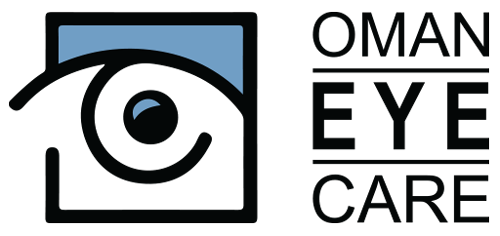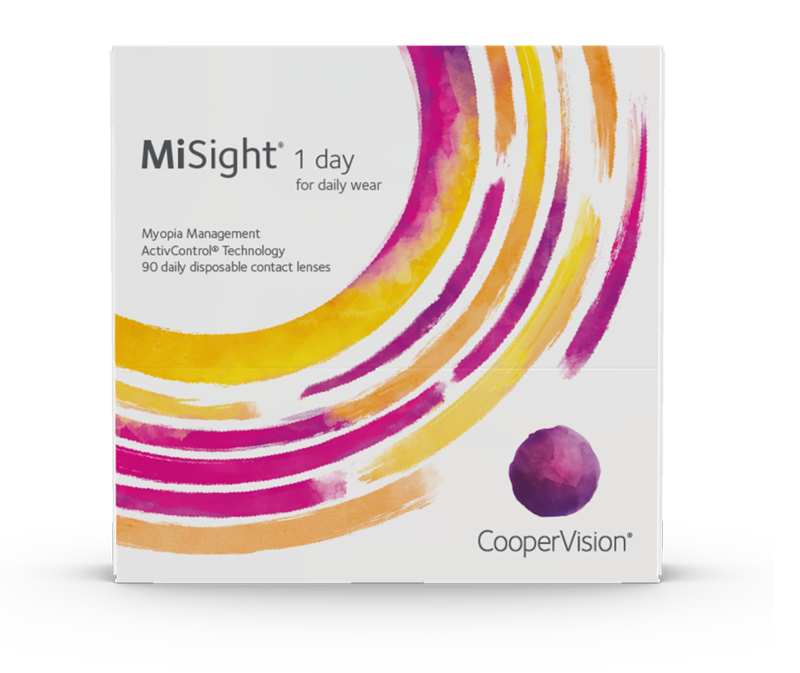Myopia Control in Greensboro, NC
What is myopia?
Myopia, or nearsightedness, is a condition where either the cornea is too curved or excessive growth has stretched the eye long, causing the power of the eye to be too strong. We want images to focus on the retina for clear vision, but in myopia, images focus in front of the retina instead. This causes blurry vision, especially for things that are far away.
What if myopia goes unchecked?
The higher the level of myopia, the higher the risk of ocular problems. Apart from having heavy glasses, high myopes have a higher risk of:
- cataracts
- glaucoma
- retinal detachments
- vision loss from myopic maculopathy
Myopia in children
The likelihood of children developing myopia greatly increases when one or both parents have myopia.
Other risk factors for myopia progression include insufficient time spent outdoors, prolonged time spent reading and playing on digital devices, as well as poor lighting.

Myopia is increasing
In the early 1970s, only 25% of Americans were nearsighted. Today more than 40% of Americans have myopia. That number is increasing at an alarming rate, especially among school-age children.
The good news is there are three effective treatments available at Appalachian Eye Care proven to slow myopic progression. Research shows that for every diopter of myopic progression we prevent, we can decrease the risk of ocular problems by 67%:
- Multifocal Contact lenses – High add power multifocal lenses have been shown to slow myopic progression in near-sighted kids.
- Atropine eyedrops – Atropine is an eye drop that you can use safely every night before you go to sleep. The active ingredient helps slow down the signal that tells your retina to keep stretching longer. It is critical to only use as directed and the team will review your treatment plan.
- Contact lenses for myopia control – Unique soft contact lenses designed especially for myopia control are available to wear daily under the close supervision of our eye care team.
Decrease the risk of ocular problems and improve quality of life with myopia control.
Kids lead active, jam-packed lives. But whether they’re playing pretend, riding bikes with their friends, or learning new things at school, myopia (nearsightedness) can make it harder for them to engage in the activities they love. Also, as they grow their prescription may get stronger, too.
MiSight® 1 day
Child-friendly daily disposable contact lenses proven to slow the progression of nearsightedness in children aged 8-12 at the initiation of treatment.
What Does Myopia Look Like?
If you’re wondering what myopia looks like through your child’s eyes, find out by using our Myopia Simulator.
See the world through your child’s eyes.

